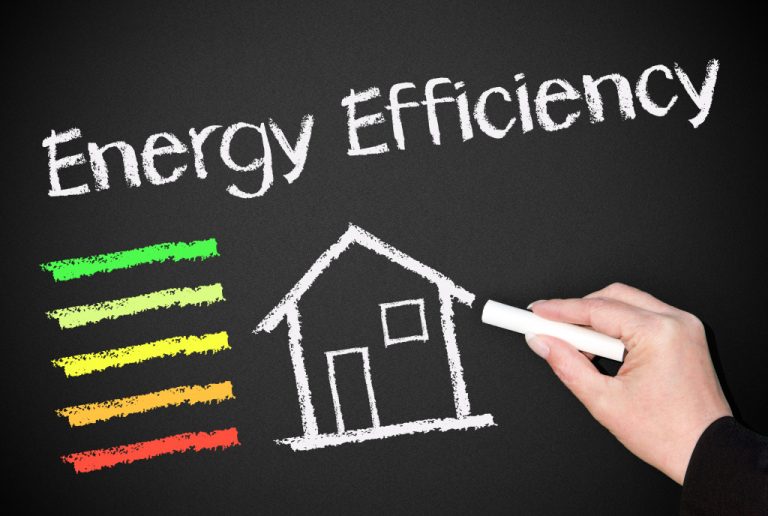Making your home more energy-efficient is a great way to save money on your utility bills and help the environment. You can make many simple and inexpensive changes to your home to increase its energy efficiency.
This blog post will explore seven ways to make your home more energy-efficient. But first, let’s take a look at what energy efficiency is and how it can benefit you.
What Is Energy Efficiency?
Energy efficiency is using less energy to achieve the same goal. For example, an energy-efficient light bulb uses less electricity to produce the same amount of light as a traditional incandescent bulb.
Energy efficiency can also be achieved by using less energy to do the same task. For example, an energy-efficient washing machine uses less water and electricity to wash a load of clothes than a traditional washing machine.
Why Is Energy Efficiency Important?
There are many reasons why energy efficiency is essential.
Reduces emissions of greenhouse gases and air pollution: By using less energy, we can reduce the number of greenhouse gases and air pollution emitted into the atmosphere.
Saves money: Reducing your energy consumption can save you money on your utility bills.
Improves energy security: By using less energy, we can reduce our reliance on imported fossil fuels.
What Are Some Ways to Make Your Home More Energy-Efficient?
Let’s look at some strategies to make your house more energy-efficient now that you know what energy efficiency is and why it matters.
1. Install Energy-Efficient Light Bulbs
One of the simplest and most effective ways to make your home more energy-efficient is to install energy-efficient light bulbs. LED light bulbs, in particular, use up to 80% less energy than traditional incandescent bulbs, and they last ten times longer. If every household in the United States replaced just one traditional incandescent bulb with an LED bulb, we would save enough energy to light more than 3 million homes for a year and prevent the release of greenhouse gases equivalent to that of about 800,000 cars.
2. Use Power Strips
Another easy way to make your home more energy-efficient is to use power strips. Power strips allow you to easily turn off electronics when they’re not in use. Many electronics, such as computers and televisions, consume a significant amount of energy even when they’re turned off. By plugging your electronics into a power strip and turning off the power strip when you’re not using them, you can reduce your energy consumption significantly.
3. Seal Any Cracks or Gaps Around Doors and Windows
One of the biggest sources of energy loss in homes is through doors and windows. Cold air can enter your home through cracks and gaps, and heat can escape from your home in the same way. Sealing any cracks or gaps around doors and windows is a great way to improve your home’s energy efficiency.
4. Install Weather Stripping
Weatherstripping is another effective way to prevent energy loss through doors and windows. Weatherstripping is a strip of material, usually foam, that you install around doors and windows to create a seal. This seal prevents air from entering or escaping your home, which makes your home more energy-efficient.
5. Use a Programmable Thermostat
A programmable thermostat can help you save both time and money. You can configure various temperatures at different times of the day using a programmable thermostat. For example, you can set your thermostat to be cooler when you’re away from home and warmer when you’re home. This way, you’re not heating or cooling your home when no one is there, which can save a lot of energy.
6. Upgrade Your Electrical Panels
If you have an older home, your electrical panel might not be as energy-efficient as newer models. Upgrading your electrical panel is a great way to improve your home’s energy efficiency. A new panel can help you save money on your utility bills and make your home more environmentally friendly.
7. Get a Home Energy Audit
A home energy audit is an assessment of your home’s energy usage. A professional will come to your home and assess how energy-efficient it is. They will look at things like your insulation, windows, and appliances. After the audit, they will give you recommendations on how to make your home more energy-efficient.
Making your home more energy-efficient is not only great for the environment, but it can also save you money on your monthly utility bills. Following these simple tips can help you make your home more energy-efficient and save you money in the long run. So what are you waiting for? Start saving energy today!


